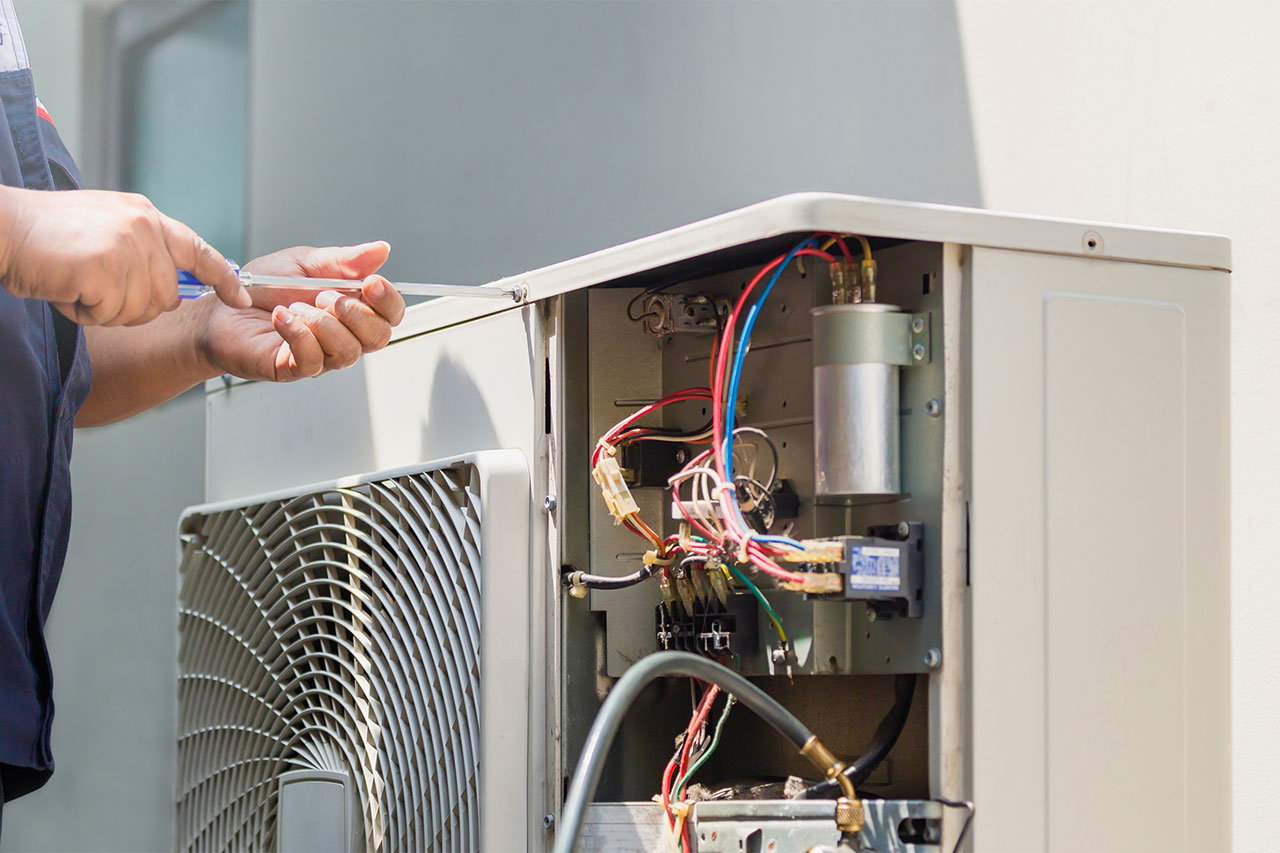Regarding ensuring a cozy home, your HVAC system plays a key role. HVAC, an acronym for heating, ventilation, and air conditioning, is important for regulating indoor air quality and temperature all year. Nonetheless, like any other system in your home, HVAC units have a limited lifespan and may require replacement. Understanding when to replace your HVAC system can save you time, money, and unnecessary discomfort.
Several crucial indicators can assist you in your decision. From increasing energy bills and unusual noises to inconsistent temperatures and age-related concerns, understanding the signs that your HVAC system may be failing is crucial. By staying informed about these indicators, you can ensure that your home remains a comfortable sanctuary no matter the season, while also selecting the right options when the time comes to invest in a new system.
Understanding HVAC Solutions
HVAC is an acronym for heating, ventilation, and cooling, which are essential components for maintaining a suitable indoor environment. Such systems control temperature, humidity, and indoor air conditions, playing a crucial role in residential and business settings. Familiarity with HVAC systems can assist homeowners and business owners make educated decisions about their needs and provide ideal comfort year-round.
Heating components typically include heaters, thermal pumps, or boilers, depending on the home’s design and local climate. Cooling generally consist of air conditioners or swamp coolers that work to reduce indoor temperatures during hotter months. Air exchange is the method of swapping indoor air with outdoor air, which promotes fresh air flow and assists remove indoor pollutants. Collectively, these factors create an interconnected system that boosts overall satisfaction and energy efficiency.
Routine maintenance and timely upgrades to HVAC systems are vital to their functionality and durability. By maintaining these systems in good working condition, you can avoid frequent problems and maintain a safe indoor space. Understanding how every component works in concert is the first step toward making the most suitable choices for your home or business heating and cooling needs.
Frequent Heating, Ventilation, and Air Conditioning Problems and Solutions
Many homeowners face problems with their HVAC systems at some point. One frequent issue is inadequate heating or cooling. This can often be traced back to clogged air filters, which impede airflow. Regularly changing or maintaining the air filters can noticeably improve the efficiency of your system. If this doesn’t fix the issue, checking the vents for blockages or examining the ductwork for leaks may be required.
Another frequent issue is unusual noises coming from the HVAC unit. Clattering, humming, or squeaking sounds can indicate that something is wrong. Detached components, such as screws or mounts, might be causing these noises. Securing those parts or arranging a professional inspection can help avoid further damage. In some cases, the problem could be due to worn-out motors or belts, which would need replacement.
Temperature controller problems can also lead to issues with HVAC performance. If the system operates when it shouldn’t or doesn’t to start, the thermostat may need adjustment or substitution. Additionally, smart thermostats can offer superior control and scheduling options, improving comfort and energy efficiency. Ensuring that the thermostat is placed in an area with representative temperature readings is also vital for performance.
When Enhance The HVAC Unit
Figuring out when to upgrade the HVAC unit is tricky, yet there are specific signs that signal the need for a replacement. A major indicator is the age your system. Most HVAC systems typically last of about 15 to 20 years. When https://www.berkeys.com/air-conditioning/ is approaching or surpassing this age, the efficiency may decline and more prone to breakdowns, which can lead to increased repair costs and energy bills. Investing in a new unit offers better efficiency, reliability, and comfort.

Frequent repairs are a further important indicator that an upgrade is necessary. Should you often calling for repairs multiple times a year, particularly for major issues, it could be wise to replace the system. Additionally, when repair costs amount to over 20 percent of the cost of a new system, you should think about an upgrade. Newer systems are often equipped with advanced technology which significantly decreases the need for repairs and boost performance overall.
Energy efficiency is crucial in today’s financial and ecological landscape. When the energy bills continue to rise despite regular maintenance, it may indicate that your HVAC system is no longer operating efficiently. Upgrading to an energy-efficient model can result in significant savings over time, not only in utility costs but also in lower environmental harm. Also, contemporary HVAC systems may qualify for energy-saving incentives or incentives, making them an even more attractive option for homeowners seeking to replace.
